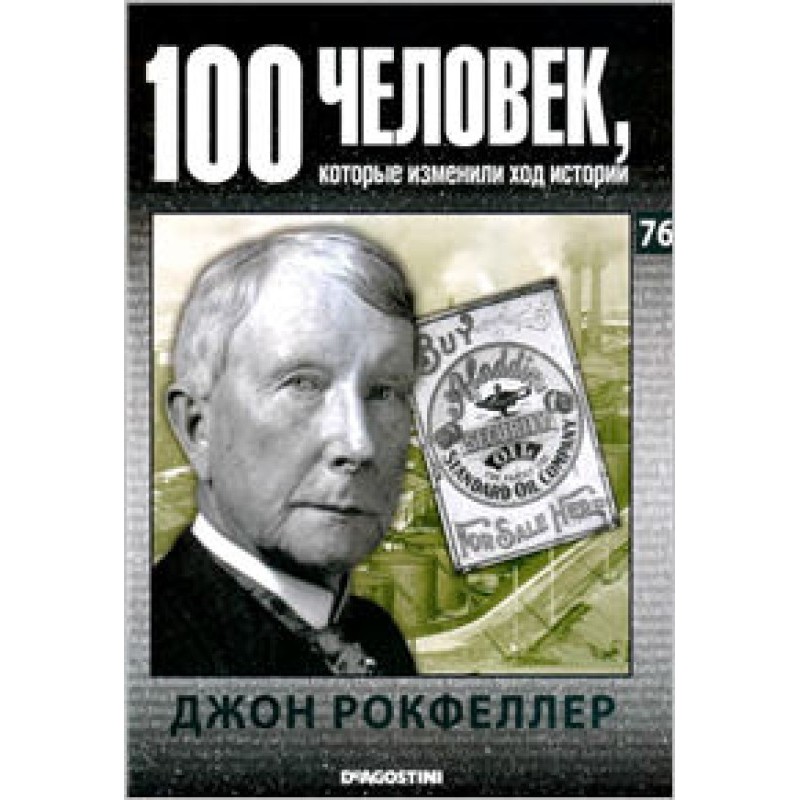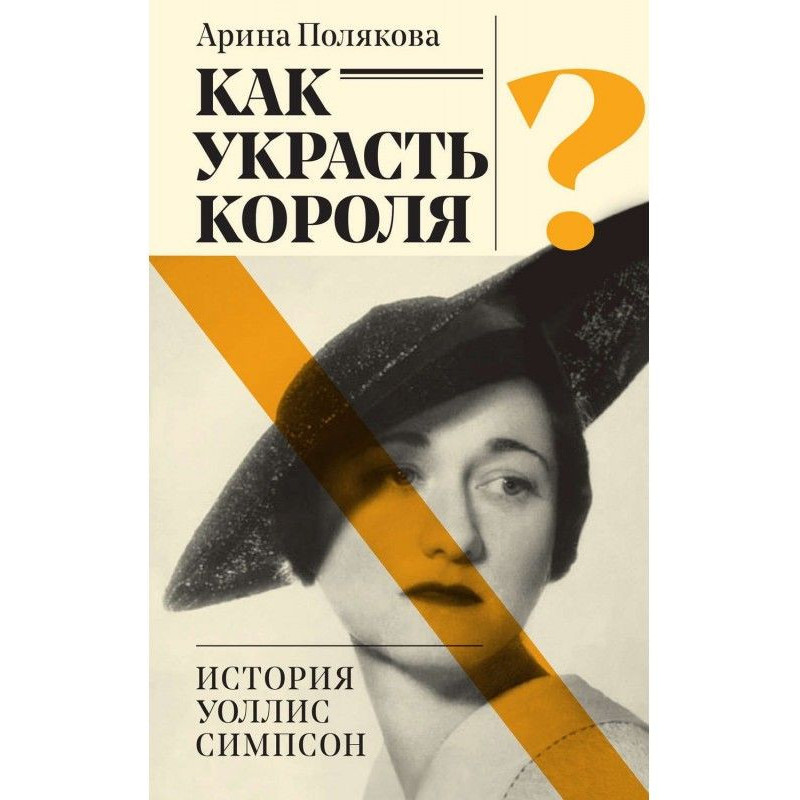Alexander II
 Instant download
Instant download
after payment (24/7)
 Wide range of formats
Wide range of formats
(for all gadgets)
 Full book
Full book
(including for Apple and Android)
The attempt of Nicholas I to make a model barracks out of Russia ended in failure. The country was expecting changes, and such sentiments spread to literally all layers of Russian society. The new Russian Tsar, 36-year-old Alexander II (1810-1881), who received a difficult legacy from his father Nicholas I, began in the 1860s the most ambitious reforms since the time of Peter the Great, which radically changed the face of Russia. The main act of Alexander II was rightfully considered the abolition of serfdom in Russia, which for two and a half centuries fettered the socio-economic and cultural development of Russia. The predecessors of Alexander II on the throne - from Catherine II to Nicholas I - also thought about the liberation of peasants from serfdom, which already in the 18th century was essentially no different from slavery, but none of them decided on such radical reforms. However, the defeat in the Crimean War made it clear that the preservation of serfdom is fraught with the most tragic consequences for the country - its gradual transformation into a third-rate power and, ultimately, the collapse of the great empire. It was very difficult to encroach on such a deep basis of the social life of that time, but Alexander II was not afraid to take such a responsible step. Alexander II understood that wrong actions would lead either to a reactionary military coup or a general peasant revolt. Therefore, he sought to avoid extremes and, on the whole, achieved his goal: his transformations turned out to be moderate, but at the same time providing prospects for further movement forward. The Tsar realized that ultimately the reforms would lead to the adoption of a constitution, that is, to the elimination of the autocratic monarchy. Alexander II openly spoke about this at the very beginning of his reign: “I am ready to sign any constitution if I am convinced that it is useful for Russia. But I know that if I do this today, Russia will fall to pieces tomorrow.” In this regard, the tsar was quite right, but, unfortunately, reforms in Russia as a whole proceeded with a delay of at least several decades. This, in fact, gave rise to radical, including revolutionary, sentiments. The impatience of the revolutionaries clashed with the intolerance of the authorities, which only led to an aggravation of the socio-political situation in the country. The suspension of reforms in the 1870s played a fatal role. Alexander II did not show due flexibility, which is why the opposition sentiments of a significant part of socially active youth grew into openly hostile actions towards the autocracy. Ultimately, the reformer tsar became a victim of revolutionary terror. This put an end to the transformations and had a fatal impact on the future fate of Russia.
Data sheet
- Name of the Author
- Анастасия Жаркова Евгеньевна
- Language
- Russian
Reviews
Вражаюче дослідження епохи реформ Олександра II
Книга "Олександр II" є вражаючим дослідженням періоду, коли Росія переживала значні соціально-економічні зміни. Автор майстерно описує складну спадщину, яку отримав цар від свого батька, та труднощі, з якими йому довелося зіткнутися під час реалізації реформ. Найбільше вражає скасування кріпацтва, яке стало справжнім переломним моментом в історії країни. Книга пропонує глибокий аналіз не лише політичних, але й соціальних аспектів того часу, показуючи, як реформи Олександра II вплинули на різні верстви населення. Вона також підкреслює, як небажання йти на радикальні зміни в подальшому призвело до загострення революційних настроїв. Ця книга стане чудовим доповненням до бібліотеки кожного, хто цікавиться історією Росії та її реформами. Рекомендую всім, хто хоче зрозуміти складну природу змін, які відбувалися в країні під час правління Олександра II.



























